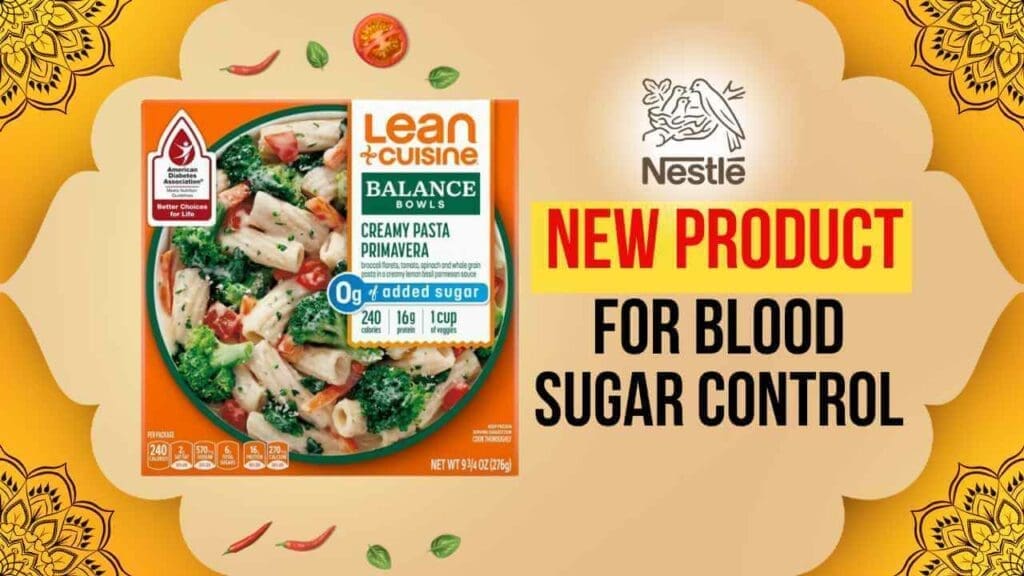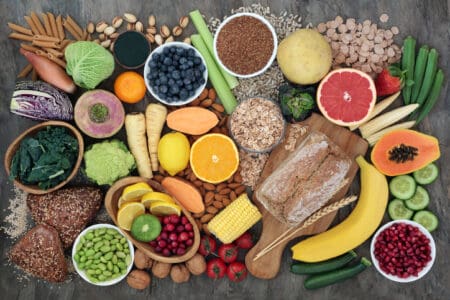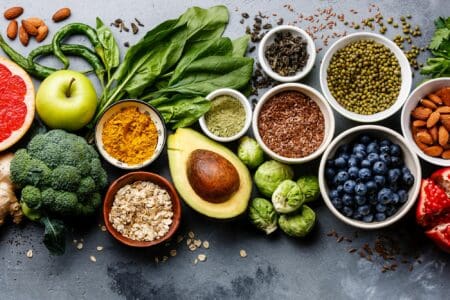Consumers’ approach to healthy eating is changing. A post-pandemic focus on health and preventive nutrition, ongoing economic challenges, and more research into the health risks of ultra-processed foods are impacting consumer behaviour and healthy eating trends.
Many of these factors have had a positive impact, causing a shift towards health-conscious eating. In Thailand, over two-thirds of consumers consider eating healthily a higher priority since the COVID-19 outbreak, and a similar trend was seen in India, where almost two-thirds of consumers decreased unhealthy snacking habits post-pandemic. However, the recent economic challenges have caused healthy eating to become less of a priority for some consumers. For example, although the majority of Germans eat healthy all or most of the time; Mintel found that in 2022, over half of Germans said that financial concerns were more important to them than weight management. This highlights how times of economic stress can make healthy eating habits less prevalent.
Nevertheless, when short-term challenges such as the income squeeze are discounted, Mintel’s market research has found a global shift towards health-conscious eating. In the UK, 68% of consumers claim to be eating healthily all or most of the time, and the same was seen across the Atlantic, with 74% of Canadians saying the same.
This highlights that despite ongoing challenges, healthy eating is still at the forefront of many consumers’ minds. In this article, we explore the latest trends impacting consumer approaches to healthy eating.
All-Natural
Consumers across the globe are prioritising natural foods over processed ones. Half of US consumers agree they would like to change their current diet by eating fewer processed foods. The clean label trend reflects consumers’ growing demand for transparency and naturalness in the foods they consume and ingredients of products are coming under increasing scrutiny. Almost half of Italian consumers agree that ‘natural ingredients’ are a top factor for them when food shopping. However, this heightened awareness of processed foods coincided with a higher cost of living, and while consumers are interested in minimally processed foods, the majority of consumers would not pay more for them, which presents a challenge for natural food brands.
As awareness of natural and processed foods increases, consumers are becoming more aware of the different levels of food processing and are distinguishing between processed and ultra-processed foods. Consumers are establishing their own balance of what they consider ‘good’ or ‘bad’ processing, with a preference for minimally processed foods that are nutritious, tasty, and affordable. However, despite all the scrutiny, 68% of UK consumers agree that highly processed foods are fine in moderation within a balanced diet. Brands need to provide clear communication to help consumers make informed decisions about how processed foods fit into a balanced diet, and provide ‘better-for-you’ alternatives to indulgent ultra-processed favourites to make comfort eating healthier.
Dieting for Holistic Health
The definition of healthy is evolving and becoming more holistic, taking the lead from the WHO’s definition of health: ‘Health is a state of complete physical, mental and social wellbeing, and not merely the absence of disease or infirmity.’ Naturally, this has affected on many consumers’ approach to healthy eating, as a good diet is an essential part of good health. Over two-thirds of German consumers claim that what you eat has a direct impact on your emotional wellbeing.

Dieting for holistic health focuses not only on physical health and weight management, but also on mental and social wellness. Consumers are not just looking for healthy food in a traditional sense (low calorie, sugar-free, etc.), but also foods that nurture mood and mind. The link between the gut microbiome and overall health is being increasingly recognised by science and consumers. This has been reflected in the market. Mintel’s GNPD data shows that 22% of global food/drink/healthcare introductions with a digestive health claim in the past five years also had an immune health claim. There is an opportunity for brands to expand on this, with new product development and on-pack messaging. Other holistic health trends also present an opportunity, such as anti-inflammatory diets, which are linked to cognitive health and are growing in popularity with health-conscious consumers.
Within holistic dieting, there is also a growing trend that focuses on social issues. The eco dieting trend is a response to growing concerns about the sustainability of food production and the impact of diets on both human and planetary health. Over the past few years, the rise in the adoption of plant-based diets and their link to planetary health has been hard to ignore. But the eco dieting trend goes far beyond cutting down on meat and fish consumption, and encompasses a complete sustainable outlook. Product sourcing and production methods are becoming increasingly important. Products being sourced and produced domestically are a top sustainability-related interest area for consumers all over Europe. Even processed foods are not immune from scrutiny, over half of UK consumers have checked the meat’s country of origin on a processed meat product in the last three months. Innovative solutions to food sustainability challenges are needed.
Preventative Measures
Ageing populations, coupled with rising concern over the prevalence of diet-related health issues, have created a growing adoption of eating patterns that support consumers’ long-term health. More consumers are now looking at ‘food as medicine’, focusing on diet and nutrition’s role in the prevention of health conditions. The longevity dieting trends focus on developing foods and eating patterns that not only support an extended lifespan but also enhance the quality of life by emphasising the protective role of diet on health. This includes ready meals designed for blood sugar management, such as Nestlé’s Lean Cuisine Balance Bowl in the US, and Be Fit Food Thai Green Chicken Curry in Australia.

Innovations in longevity dieting also address weight management through the development of appetite suppressors and research on unprocessed foods (UPFs), which are expected to further increase demand for less-processed foods. Products that help with appetite regulation, such as those containing fibre and chromium, are part of the trend towards healthy weight management, and there is also emerging research which suggests that texture plays a role in regulating appetite, highlighting a potential focus for new product development.
Looking Ahead with Mintel
Holistic dieting trends that encompass mind, body, and planet are likely to grow, particularly as more research into the dangers of ultra-processed foods emerge, and environmental and sustainability issues return to the forefront of consumers’ minds as financial pressure decreases. Brands in the healthy eating market will need to keep consumers’ changing demands and concerns in mind when it comes to new product development in order to build a successful future in the category.
Subscribe to our free newsletter, Spotlight, to get exclusive content and insights delivered directly to your inbox.
Mintel’s Most Innovative Food & Drink
Mintel is constantly tracking innovation, identifying trends and gaining insights. To learn more about the latest product innovations in the food and drink industry, download Mintel’s Most Innovative 2024 report today.






































